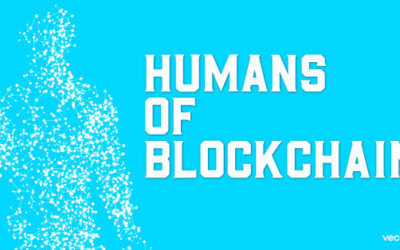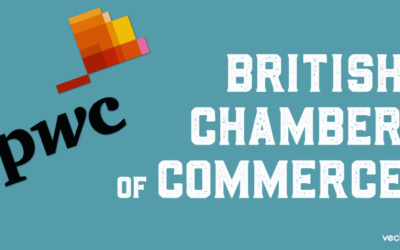Sneak Peek at the Low Carbon Ecosystem’s WeChat Mini Program
Note: This “Sneak Peek” article contains information about a product still under development. Not all the information is guaranteed to be accurate. Please wait for an official announcement from the VeChain Foundation regarding the launch at a later date.
Ever since last November, VeChain enthusiasts have been waiting for more details of VeChain’s Low Carbon Digital Ecosystem. Last week, the WeChat Mini Program went public, allowing users in China to begin getting involved.

The Mini Program features a playful tree mascot, and a slick interface and layout designed to attract a mainstream audience here in China. Elements of blockchain are well-hidden by a familiar feeling layout using bright colors, a badge-based achievement system, and custom icons.
For readers unfamiliar with social media in China, WeChat is the dominant app, with over 1 billion daily active users. WeChat’s Mini programs are small applications built into WeChat that provide more advanced features without having to visit an external website.
VeChain’s new Low Carbon Ecosystem Mini Program allows users to gain points for doing eco-friendly activities. The points are divided into two types: blockchain-based Carbon Credits and non-blockchain based Green Power Credits.
Carbon Credits can be earned by users who link their BYD hybrid or electric vehicles to gain points. Other settings indicate that using smart appliances in your home and recycling will soon allow people to earn Carbon Credits as well. These features are not yet available, but will presumably use Haier’s line of smart appliances to automatically connect to user data. Carbon Credits will be redeemable for products and services at a later date.
Green Power credits are points that can be earned for a number of more easily accomplished tasks such as walking. These are designed to make the ecosystem more engaging, especially for users who might not own a BYD or smart appliance. These credits can be donated to other users, or used in fundraising activities on the platform. At the time of writing, there were two separate activities designed to raise funds for needy children in and around Shanghai. One activity, working with Shanghai People’s Radio Station, is raising funds for school uniforms for rural schools.

According to the announcement article, the Low Carbon Ecosystem is already made up of 11 participants, including VeChain, DNV GL, Qinghua University’s College of Sino-American relations, BYD, PICC, Direct Imported Goods (D.I.G.), Renji Hospital, and others.
While the full list of features aren’t yet available, it’s easy to see how this Mini Program could be a popular way for people to track rewards, especially owners of products supported by the Low Carbon Ecosystem. China has been placing a special importance on sustainability in the media recently, with Shanghai making headlines for implementing a mandatory garbage sorting system this summer. This gives the ecosystem a large appeal to users, organizations, and enterprise participants.





